Loopmancer
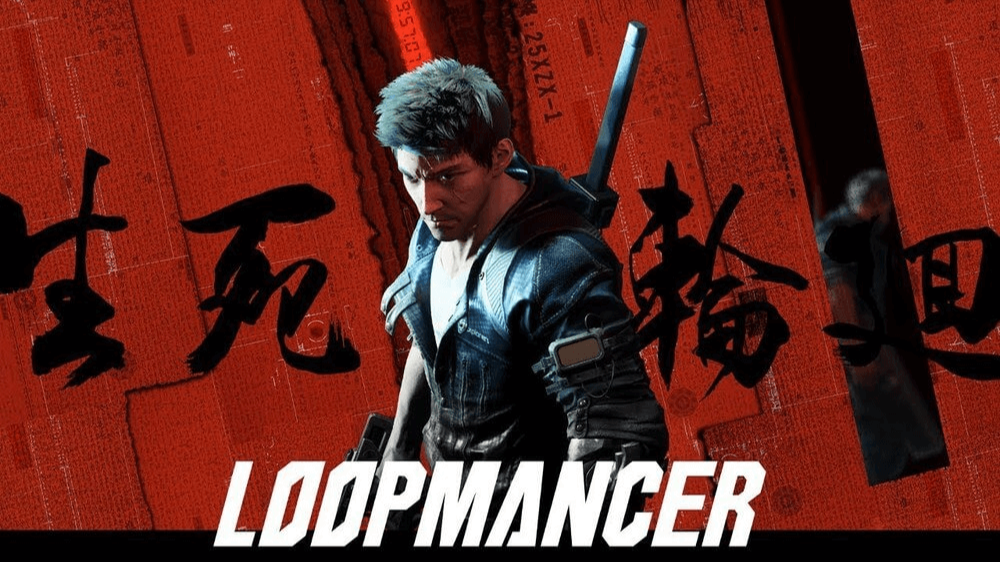
Loopmancer - What can the Chinese Roguelike do?
Cyberpunk. Cyberpunk is never too much. In December 2020 Cyberpunk 2077 became a household name, setting off a chain reaction. Dozens and even hundreds of studios and independent developers began to rivet their worlds of neon lights in the blind faith that their universe will be at least as good. The Chinese developers from eBrain Studio are one of these daredevils with their cyberpunk.
Looking ahead, eBrain Studio succeeded, but what it is - about that further...
All attributes in place
Neon, social inequality, augmentations, evil corporations - well, what's a cyberpunk without these things. Loopmancer is no exception, this City of Dragons is a typical representative of the dark underbelly of decadent capitalism. Unfortunately for the Chinese from eBrain Studio, the Poles have long ago figured out the source code of proper cyberpunk and do not hurry to share their secrets. The Swedes from Neon Giant with their The Ascent succeeded in the setting excellence and as a result we got a very cheerful and beautiful game which wears away after a week of playing it. The secret of proper cyberpunk is to create compelling, memorable characters whose characters are only possible within the cyberpunk setting itself. eBrain Studio has not caught this trick, despite the fact that all the attributes of cyberpunk in their game are in place...
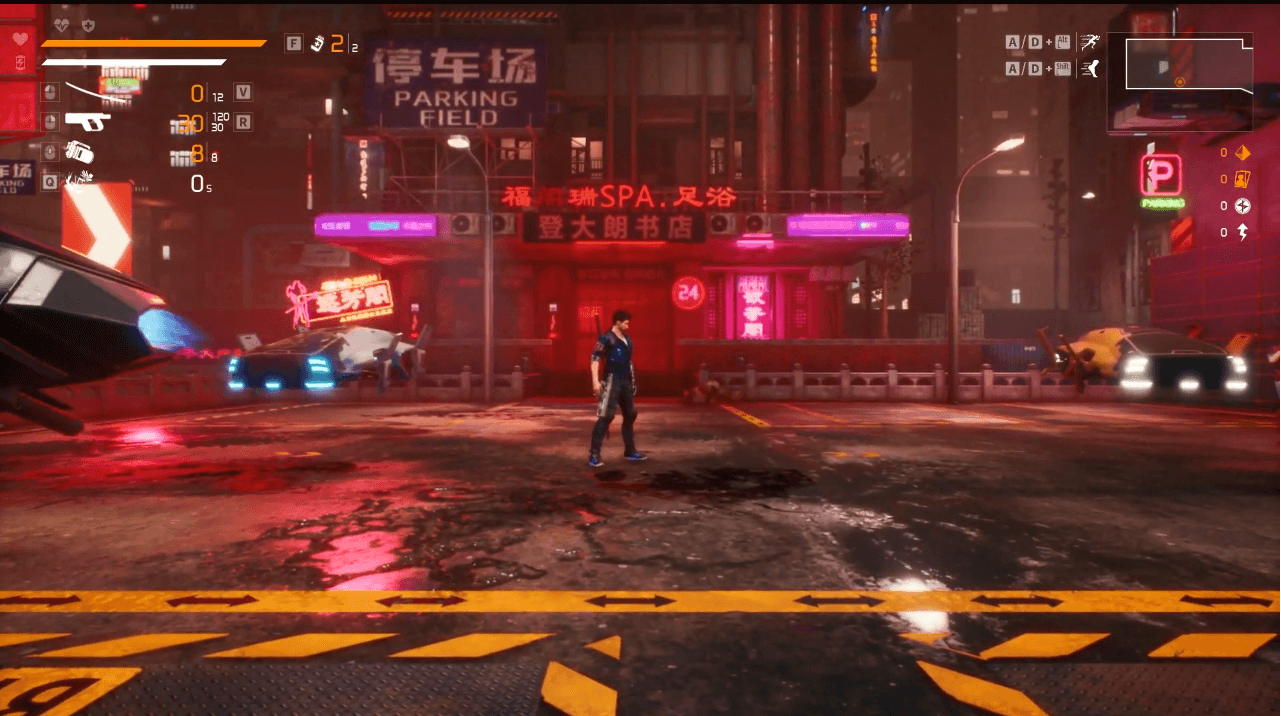
...in the world of Loopmancer the player must immerse himself. This is done through numerous notes scattered throughout the levels. And let the background for the side-scroller tries its best to immerse us in the local "Knight City", it does not add credibility. The action of Loopmancer takes place on the background of classic cyberpunk, the only trademark detail of the game is a touch of Eastern culture.
The storyline is not particularly brave either, everything is strictly par for the course: we are to play a private detective with a hard-spelling name Chon Jizu, and most likely I have misspelled the protagonist's name, it's too oriental, but not the point...
One rainy day, Chon is assigned to investigate the disappearance of a famous journalist, but something, as usual, does not go according to plan and our detective dies during the mission, but "not completely"...
Immediately after "dying," Chon wakes up in bed again, gets an assignment again, and goes on the mission again with the memory of his own death. How Chon got caught in a time loop and, more importantly, because of what, they don't hurry to explain to us, but closer to the middle the script starts to smell like "Santa Barbara", "unexpected" plot twists - available. The Loopmancer storyline is not starry-eyed, the game tries to play on other strings of feelings...
Rogue-lite... Sort of.
...namely on the love of cyberpunk and the popularity of roguelike. The gameplay core of Loopmancer is replete with the efforts of eBrain Studio, everything is done in good faith, but, unfortunately, without knowledge. For example, the developers have respected the genre of their work, read the Berlin interpretation, but did not get into the essence and could not bring anything new to the genre: yes, there are terminals and a random set of all sorts of cold and firearms on the level...
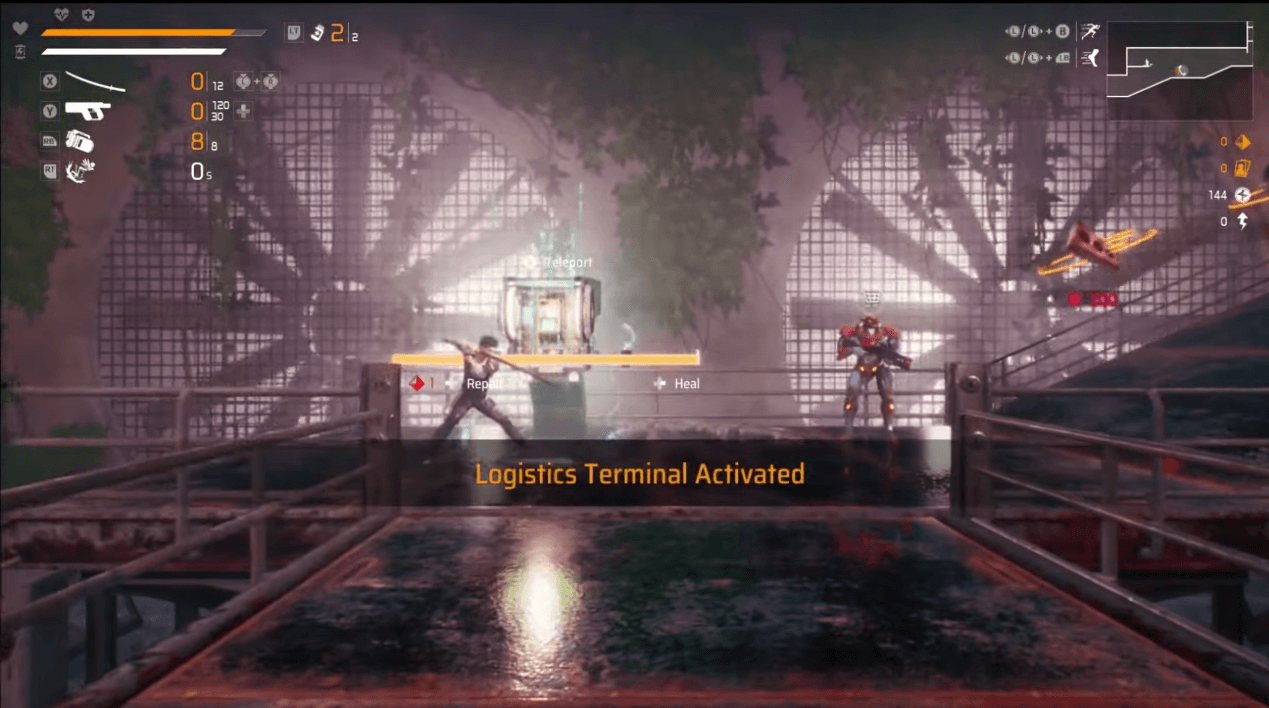
...but counter items don't always make sense. Why spend a conditional 600 credits on an axe if this weapon is not much better than a standard katana, and the credits are constantly in short supply? In that same Loop Hero protagonist received hundreds of items in the course of the passage and shuffled them for the ridiculous +0.25 damage, thus the player took tiny steps forward, earned resources for each run, died, but did not lose his meta-progression. In Loopmancer, when the player dies, he loses all the credits for which we buy equipment. Also, we lose cores - the second resource in the game, which we spend on treatment at the terminals, cosmetic items and pumping. And it seems to be all logical, but the game does not encourage to experiment, and about any builds with synergies is out of the question. If you get a rocket launcher and a turret - you're almost guaranteed to cope with any of the few local bosses. Why was it necessary to introduce such an impressive arsenal of cold steel weapons, if out of this variety on a permanent basis the player would prefer to use at most 5-6 types of weapons?
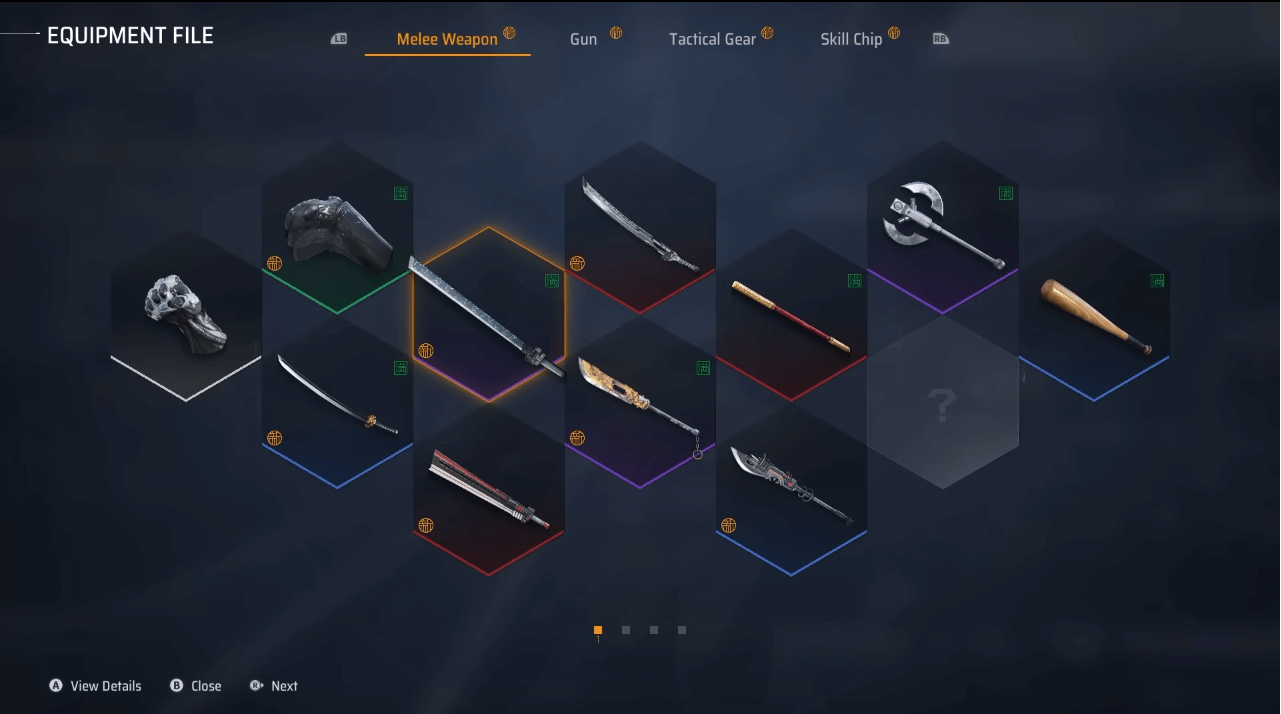
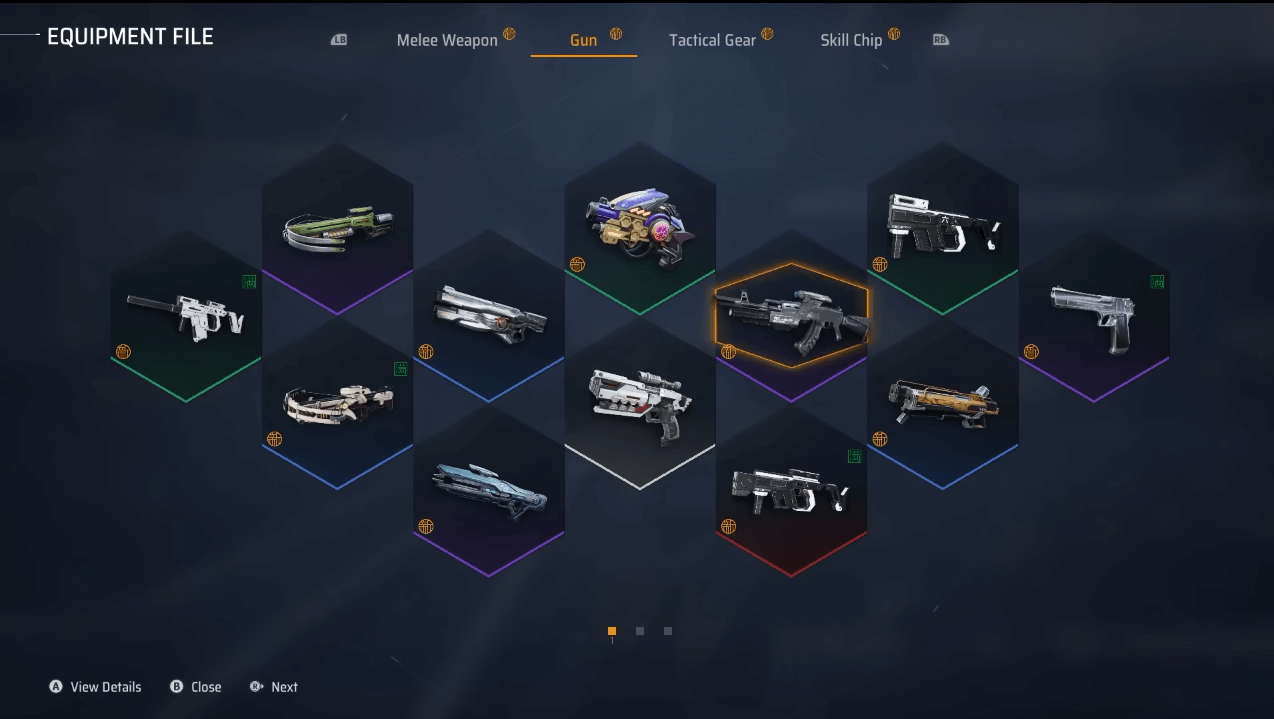
And okay, if the choice of weapon had any effect on gameplay, but no. All that changes when you switch, say, from a katana to a spear is the attack speed, damage and animations. There are no hidden characteristics of the guns. Objects of unknown use, too, only occasionally there are bonuses, everything is classic:
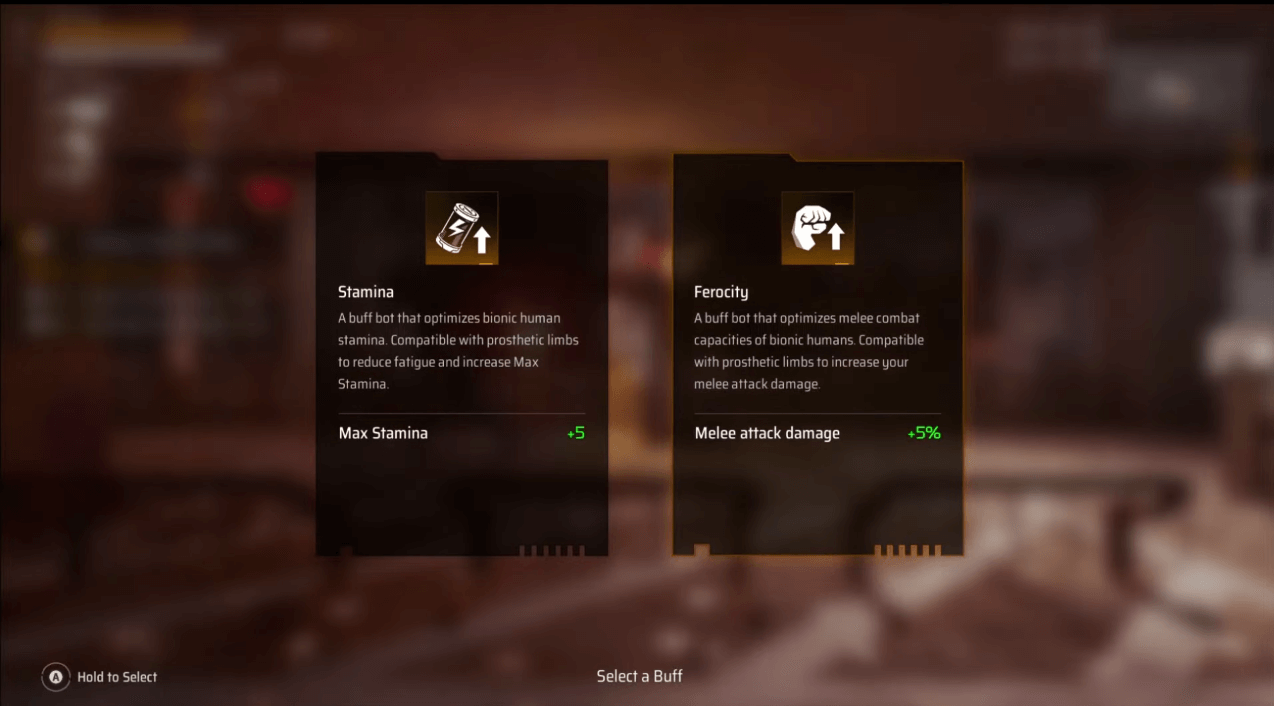
With ranged weapons the situation is slightly better, they differ not only in damage, but also in accuracy and rate of fire, and the elemental modifiers have a stronger effect on efficiency. Ah yes, not only firearms have elemental modifiers, but also edged weapons.
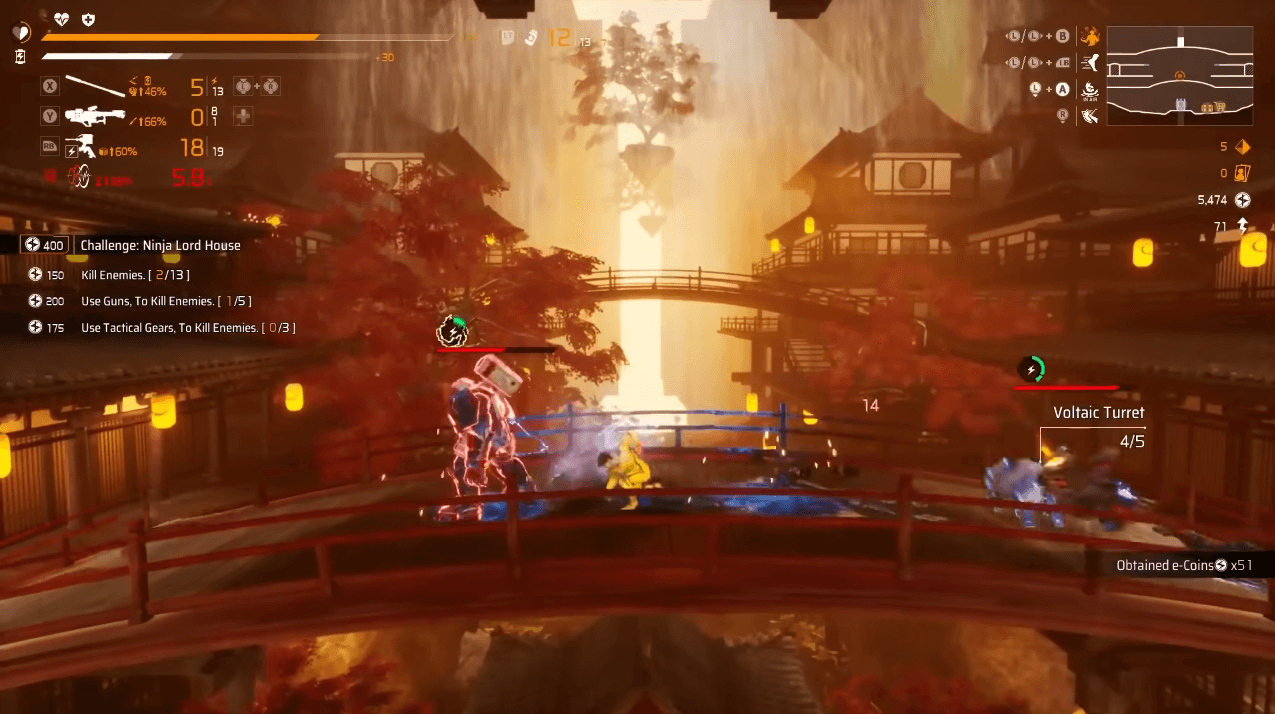
Loopmancer provides a good selection of firearms and modifications to them. All to ensure that the player does not have time to get bored in 5-6 runs. In addition to weapons, we will also use gadgets (imbo turret there) and skills - there is even the notorious fireball. In addition, all weapons are upgradable, and the initial equipment after each death is given randomly, so that want it or not, you will have to use everything. One time Chon will start the mission with an axe and a shotgun, the next time he'll get a bat and a laser gun. Is it interesting? If you play not on maximum difficulty and don't die every twenty minutes, yes.
But on high difficulty you have to replay often; hence the fact that the map doesn't change much with each new playthrough. Here and there the location of enemies changes, here and there - the weapon spawn changes, but fundamentally nothing changes. In Loopmancer it would be very useful to have metroidvaniya elements, but it is not, just a few secret places, you can get into without special equipment, backtracking is out of the question. In general, Loopmancer often sins with excessive but insufficient depth. The roguelite elements here are superficial.
Action without action
Despite the fact that Loopmancer at first seems to be a solid Beat'em up, the first impression is dispelled after twenty minutes of play. So there's no depth in the combat system: single-button hand-to-hand combat, jumps and approaches behind the back of the enemy - that's all Loopmancer has to offer. Yes, you can throw kunai, axes, etc., but that's about it. The most advantageous strategy is to alternate between swinging punches, jumps, and backstabs - no combos. Chon's punches are spectacular, with good old-fashioned ultra-violence on the screen:
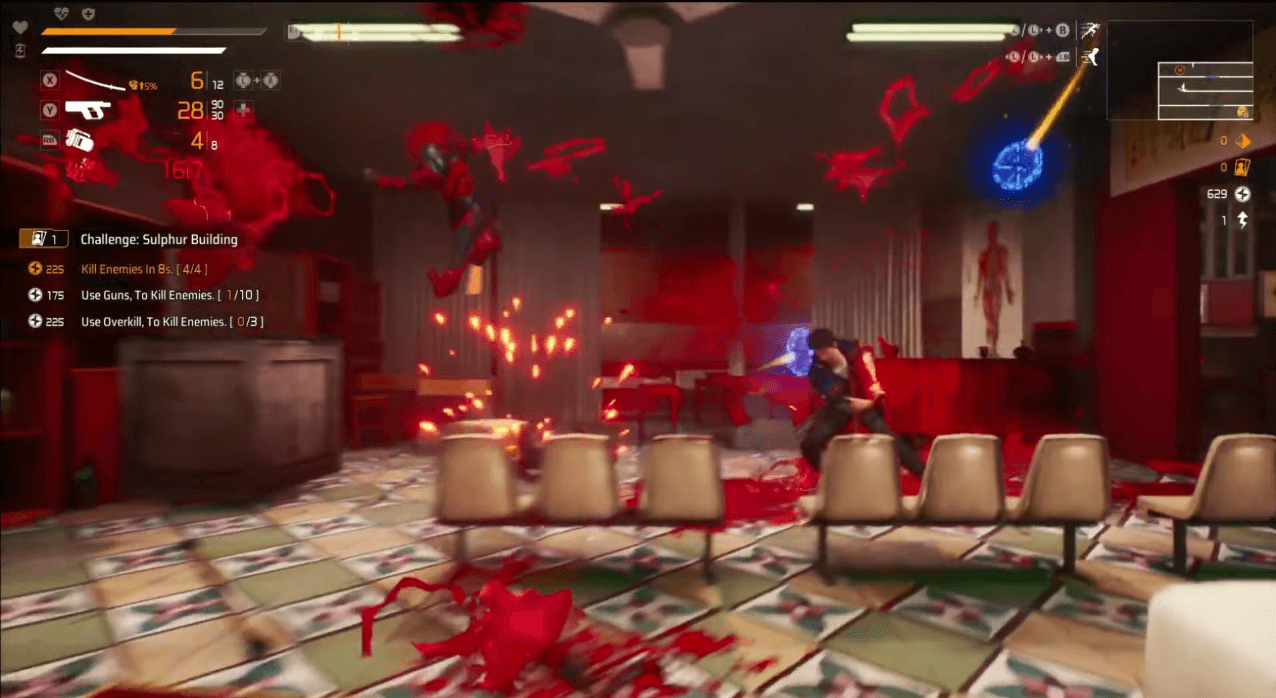
If at the beginning the player will have to fight with ordinary thugs, then closer to the finale there will be more interesting enemies. Again, Loopmancer is no match to Souls'like games, no memorization of timings and multi-phase duels, but also no one will let you to spell enemies to death, some kind of reasonable approach is needed.
Otherwise, Loopmancer is played as a game for smartphones, there are even some kind of dailies, look at the left corner of the screenshot above - that's them.
Conclusion
Loopmancer is an ordinary game all around, it's just okay. Loopmancer isn't good enough to fall in love and make you buy it at first sight; but it's not bad enough to turn out a bucket of slop on a game, either. Loopmancer is an exceptionally passable game, and I wouldn't pay full price for it.
